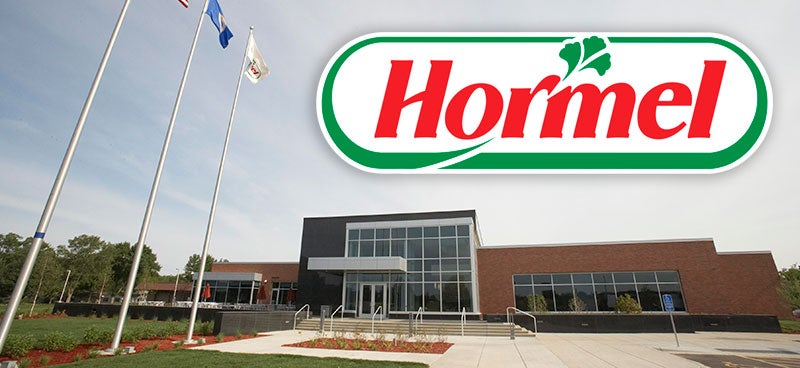Minneapolis minimum wage ruling could have a big effect
Published 10:20 am Monday, August 29, 2016
By Erin Golden
Minneapolis Star Tribune
MINNEAPOLIS — When the Minnesota Supreme Court considers an appeal from the city of Minneapolis on Tuesday over a minimum-wage proposal, its decision could have ramifications that stretch far beyond the right of city voters to set wages.
If the state’s highest court upholds a lower-court ruling that the charter amendment proposal must appear on the November ballot, it would mean that Minneapolis voters will be able to decide whether the city should increase its minimum wage to $15 per hour, making it one of the highest in the country.
But it could also do something more far-reaching: open the doors to more campaigns looking to change municipal government by popular vote. With more than 100 Minnesota cities governed by local charter, the court’s decision could set a precedent for ballot proposals in cities from Bloomington to Bemidji.
In Minneapolis, where advocates have been working for months to make minimum wage a leading issue for both council members and the city’s residents — and business owners, already grappling with a new sick-leave ordinance are fearing additional mandates — emotions are high on all sides of the issue.
But with the matter tied up in the courts, some are now more concerned about the route being used to get the minimum wage question addressed than the topic itself.
Council Member Jacob Frey, who voted with the majority of council members to block the minimum-wage proposal from the ballot, said he believes strongly in increasing the city’s base wage.
But he contends that the issue is not a proper subject for an amendment to the city’s charter, a document that sets out the broad structure and powers of municipal government.
He fears that legislating wages by popular vote could result in more issues being determined by groups with the most money and political muscle.
“There’s value in digging into the nitty-gritty, doing engagement, having tough conversations that certainly don’t make you more popular but result in a thoughtful, functional ordinance,” he said. “And legislating complex issues via referendum punts that process.”
On Friday, the League of Minnesota Cities filed a legal brief in support of Minneapolis’ appeal.





